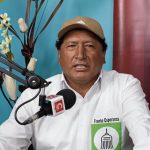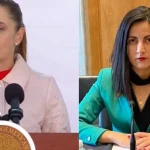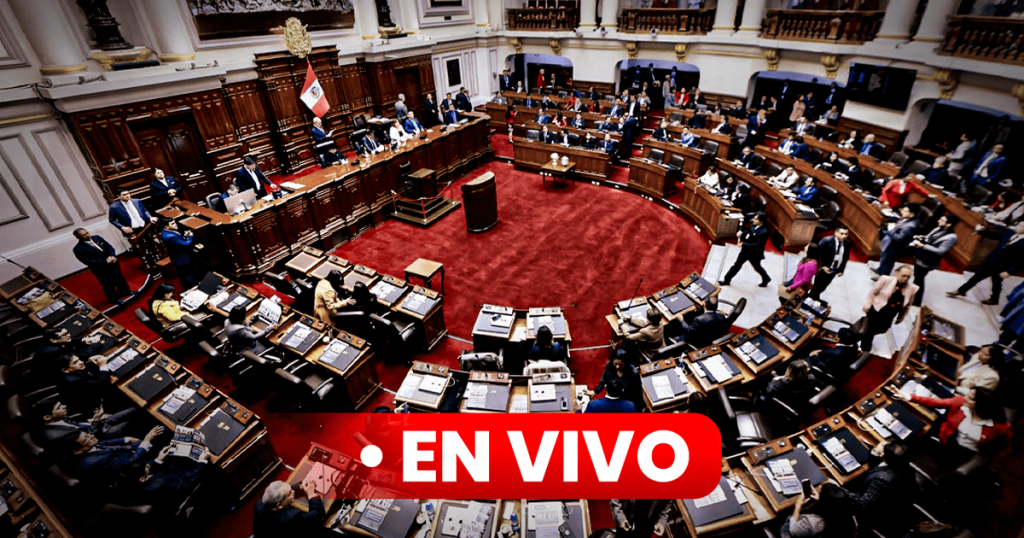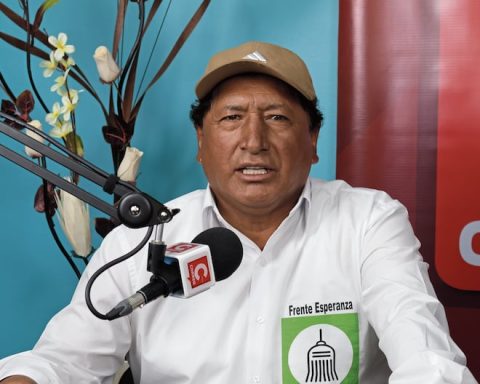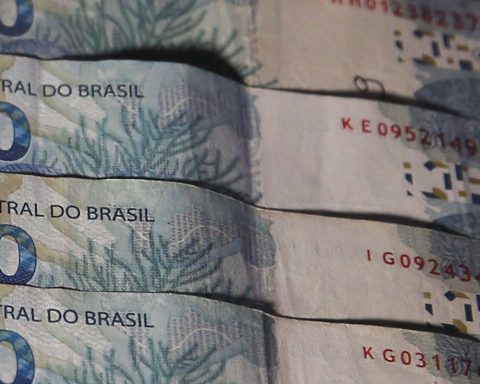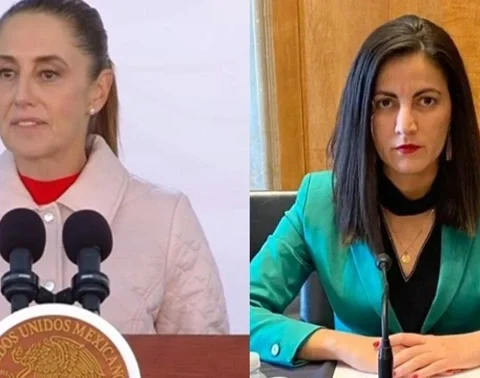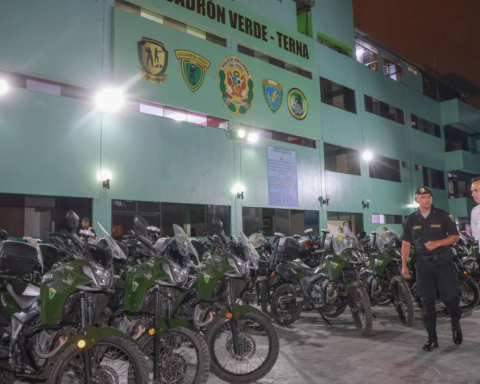Fabiola Martínez and Lilian Hernández
La Jornada Newspaper
Wednesday, November 20, 2024, p. 4
Almost two months after having decreed the beginning of the process for the election of judges, the National Electoral Institute (INE) finally has white smoke, inside and outside the body, to begin the respective work.
However, he will face a race against time, because this election must be held, by constitutional mandate, on June 1st. For now, today (Wednesday) the special commission in charge of coordinating the work for this objective will be installed.
One day after the resolution of the Electoral Tribunal of the Judicial Branch of the Federation (TEPJF), precisely related to the fact that the INE and the Senate must continue with the organization of this extraordinary process for the election of judges, magistrates and ministers, the issue occupied most of the agenda of the 11 councilors; this time, with different answers than those of previous weeks.
Claudia Zavala, who had shown reluctance because the INE advisors were supposedly fined for not respecting definitive suspensions against the reform of the Judiciary, pointed out regarding the mandatory nature of the institute: Today we have a clear decision, we are bound to continue the extraordinary electoral process to renew positions in the federal Judiciary. For the INE, time is money, especially in this complex process. As an institute we do not judge the court’s decisions, they are rulings that bind us and we must comply.
The president of the institute, Guadalupe Taddei, met with deputies, as a prelude to the review of the INE’s budget request, particularly the 13,205 million requested for the extraordinary election.
However, the green light for the election of judges does not necessarily mean internal peace, since an important resignation is coming this week and possibly changes resulting from it in the executive general meeting, the administrative and legal core of the institute.
Later, nine of the 11 councilors met privately with the Secretary of the Interior, Rosa Icela Rodríguez.
For her part, the president of the TEPJF, Mónica Soto, declared that no authority can suspend citizens’ right to vote, because it is the very essence of democracy. The day an authority stops a popular vote election, let’s worry, because democracy will have been broken in the country
he said before electoral and legislative authorities of Baja California Sur.





